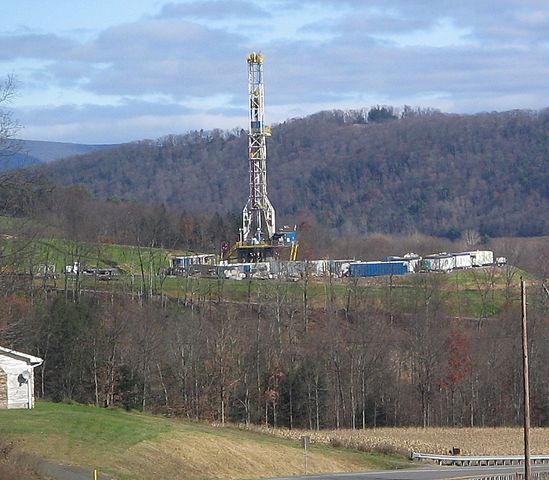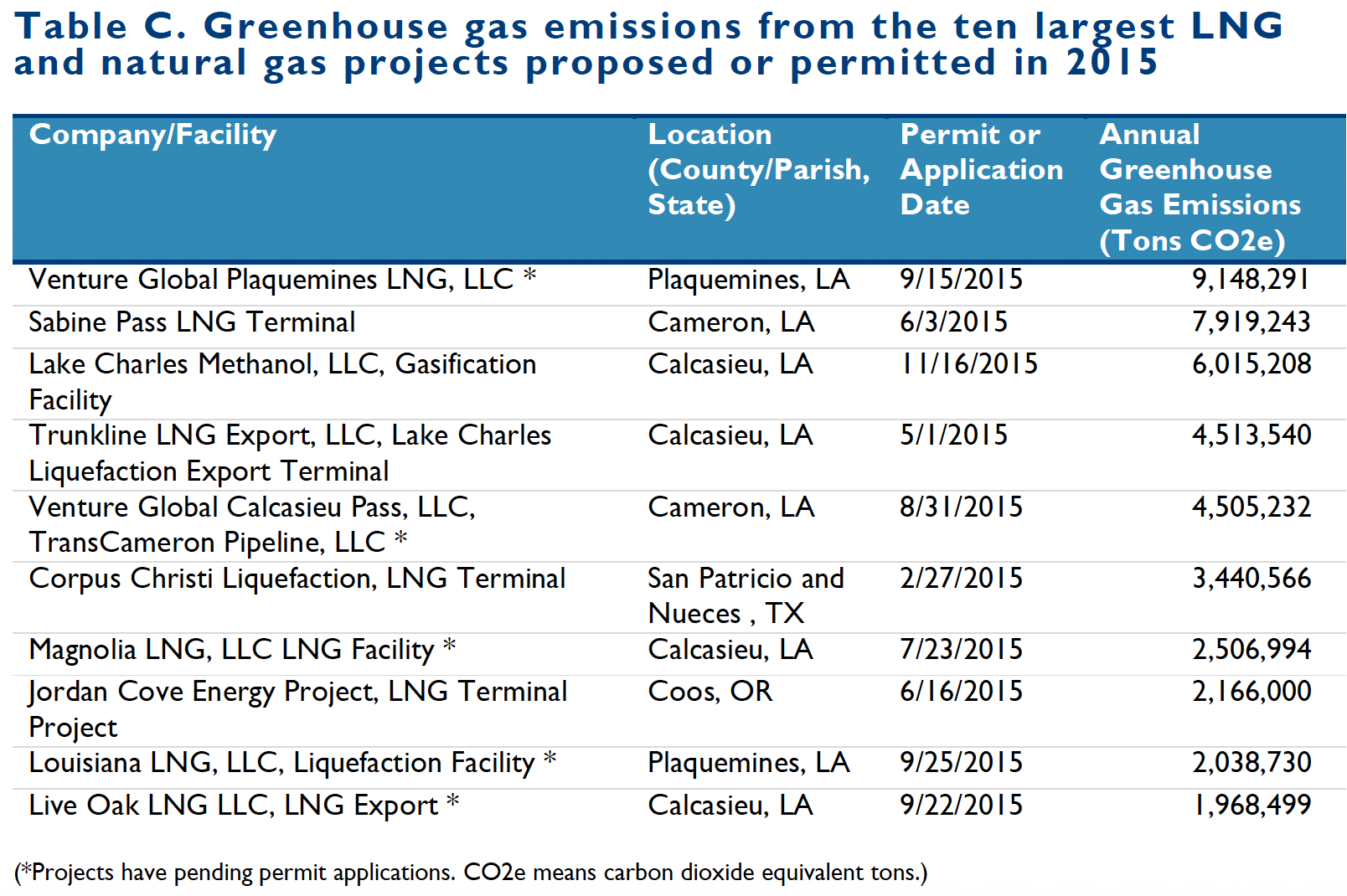Two recent studies further call into question the oil and gas industry’s claims of the climate benefits and community benefits of hydraulic fracturing (“fracking”).
One of those studies, published in Environmental Research Letters and titled, “Just fracking: a distributive environmental justice analysis of unconventional gas development in Pennsylvania, USA,” concludes that “the income distribution of the population nearer to shale gas wells has not been transformed since shale gas development.”
The other, a report released by Environmental Integrity Project titled, “Greenhouse Gases from a Growing Petrochemical Industry,” examines the post-fracking supply chain and concludes that the petrochemical industry’s planned construction and expansion projects announced in 2015 alone are the “pollution equivalent to the emissions from 19 coal-fired power plants.”
Not Quite “Shaleionaires”
Two academics from outside of the U.S. and employed by the United Kingdom’s Newcastle University published the fracking environmental justice report. Lead author Emily Clough serves as a political science lecturer at Newcastle, while co-author Derek Bell serves as a professor of environmental political theory.
Both of them undertook an effort, as they write in the study’s introduction, to examine “income distribution and level of education in addition to race and poverty” and how these juxtaposed communities fared both “before and after shale gas development.” As it turns out, if you are poor and live in close proximity to a Marcellus Shale basin oil or gas well, you will receive some economic benefit — but not a very big one.
“In the 2009–2013 data, we found that the percentage of those living below the poverty threshold was slightly lower in areas close to unconventional wells than in areas further away,” they wrote. “This difference is small but statistically significant.”
This of course all flies in the face of the puff piece story “60 Minutes” ran back in 2010 on those getting rich from fracking, calling them “Shaleionaires.” That segment featured the late former Chesapeake Energy CEO Aubrey McClendon, a man infamous for leaving landowners hanging dry and not fulfilling his end of the bargain on oil and gas production royalty deals.
Clough and Bell’s study is well worth reading, if for no other reason than to plumb the references and learn about some of the myriad academic studies that have come out over the past few years on the community impacts associated with fracking.
Fracking Climate Catastrophe
Environmental Integrity Project’s (EIP) study, to say the least, dampens the enthusiasm on the natural gas “bridge fuel” claim. That is, that industrial supply chain reliance on natural gas can somehow serve as a “bridge” connecting our dirty fossil fuel-reliant present to a cleaner and greener energy future.
Eric Schaeffer, EIP executive director and former director of the U.S. Environmental Protection Agency’s Office of Civil Enforcement from 1997 to 2002, served as the report’s lead author.
Despite tanking oil prices, and in many cases shuttered fracking production, the drop in price has actually proven a boon to users of shale oil and gas and not just consumers paying a low price at the pump. Cheap on that end of the deal, this will bear a significant climate cost.
“Industries that benefit from cheap gas and oil – such as the chemical and fertilizer manufacturers – are using the low prices as an opportunity to expand,” the report details. “Overall, over the last five years, 140 petrochemical projects have been proposed or approved that are expected to produce 179 million tons of greenhouse gases per year – the amount that would rise from 39 coal plants.”
The report also breaks ground by presenting, for the first time, a table on the annual carbon costs of both proposed and permitted liquefied natural gas (LNG) terminals.
Image Credit: Environmental Integrity Project
EIP‘s report also maps and presents data on the carbon emissions associated with shale gas-reliant chemical production and fertilizer plants, as well as shale oil-reliant petroleum refineries.
Complicating things more is another greenhouse gas: methane. EIP explains that methane escapes during drilling and transport (methane is a potent heat-trapping gas) and that “the industrial expansion triggered by the fracking boom will add tens of million tons of global warming pollution to the atmosphere.”
“Too Large to Ignore”
As federal-, state- and local-level governments (with pressure from their constituents) decide what to do about tackling the climate crisis, EIP has a simple sentence with which it concludes its report, one that it hopes will inform those policymaking efforts.
“The numbers are far too large to ignore.” Indeed.
Photo Credit: Wikimedia Commons
Subscribe to our newsletter
Stay up to date with DeSmog news and alerts







